“I am a sucker for pathos” – An Interview with Alpha Tracks
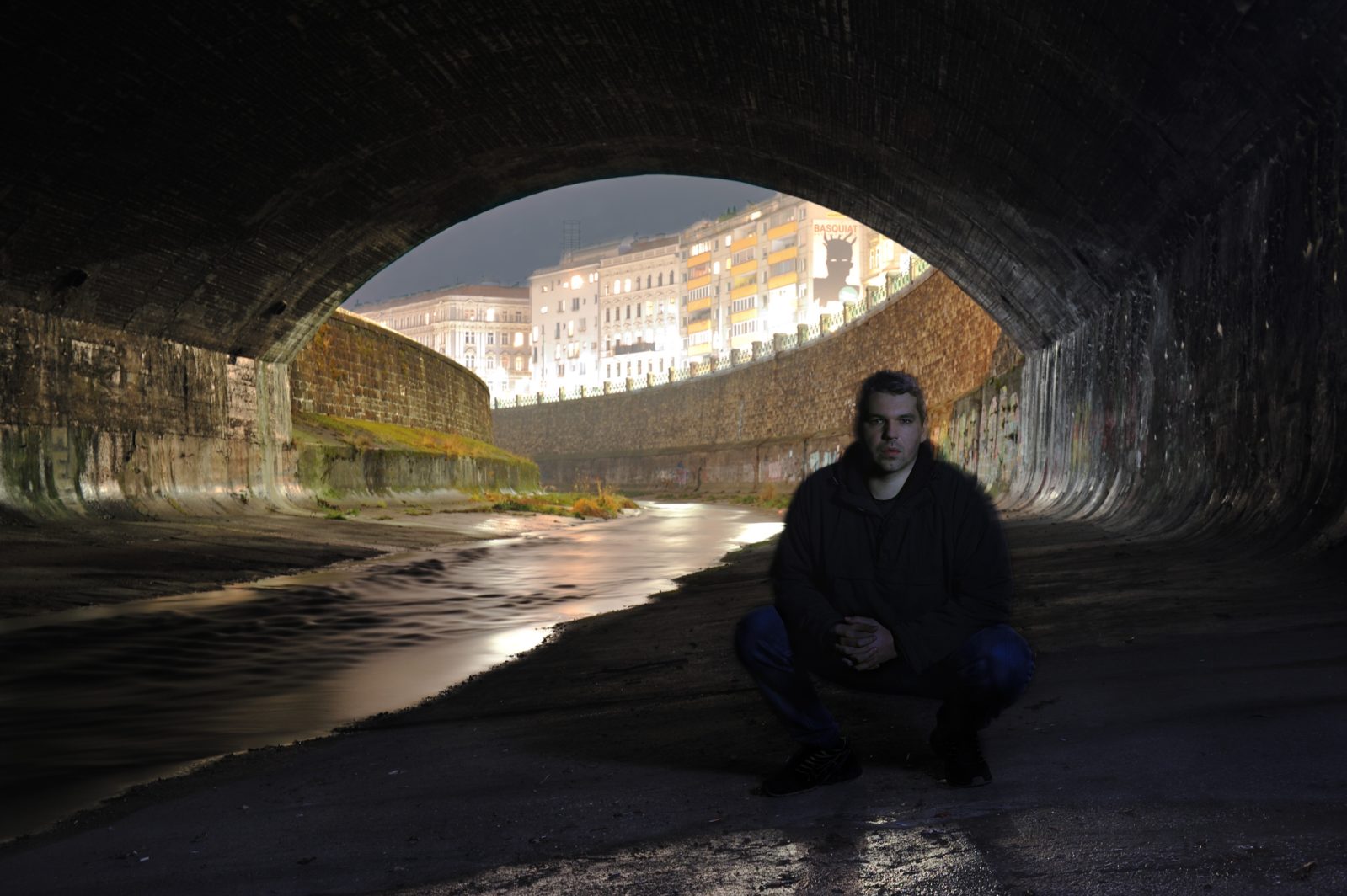
Why does everyone always want to go to space in Trance music?
I think that the emotionality of Trance often evokes a sort of larger-than-life perspective on one’s own human consciousness or a journey into the unknown.
When did you actually start to look closer into Trance? You were part of the first wave of Underground-Techno producers who where affiliated with this genre. As somebody coming from Techno – being associated with the crew of CHEAP RECORDS – how did you get rid of those prejudices that, especially the older generation of Techno producers, have towards Trance?
The person who introduced me to Trance in the early 2000s was mainly MIKE INZINGER who is one of the most devoted record diggers I know. He always came back from his 2nd hand record shop tours with the most obscure music and always shared his findings with me. He pulled out these hidden B-Side tracks on mostly super cheesy Trance records from labels you’ve never heard of. It was music no one else listened to and I loved it from day one. But also in my classical Techno association, I was always drawn to more trancey projects like for example RED PLANET, some of UNDERGROUND RESISTANCE, SYNEWAVE or DJAX-UP.
“The new generation does not follow these dogmas anymore and can explore the genre without guilt.”
What’s your explanation that this genre seems to have disappeared in the context of Techno and underground club nights, after its peak in the 90s? Sell-out? There were and still are these huge events that bring together mainstream Trance and Goa. So, when did the so-called underground dare to rediscover this genre. And why do you think is that?
Yes, there were definitely some branches of Trance that ended up in the total mainstream. But then again it was mostly a Techno elite that wanted to “keep‘ it real” by carrying forward the idea of purity and minimalism, and banned Trance from the spectrum of good taste. The new generation does not follow these dogmas anymore and can explore the genre without guilt. They have fun with it and maybe to a certain extent aren’t familiar with the underlying political aspects of the past – the Techno movement was definitely more let’s say, anti-capitalist and rebellious in itself, and therefore not exactly excited by, for example, the young Dutch trancers in the late 90s, early 2000s that flew their music via private jets to fancy clubs while turning an ‘emo spin-off’ of their sacred Techno genre into a money machine.
It seems like the electronic music underground, the progressive one, in general has been approaching pop music in a playful way for a good while now – also in an unbiased way. Why is that you think? Is there still an underground in the digital era?
I think that the division between underground and pop music is somewhat outdated. I guess there is a general trend of appropriation and the integration of pop elements into our musical spectrum. But ultimately this is not what makes the underground less underground. What in my opinion makes the underground more underground though, is the DIY mentality that comes with digital distribution platforms and technologies like Bandcamp, which enable a producer to transport their music from the bedroom to the listener directly. I think that internet streaming platforms, Youtube, etc., amplify the idea of underground in a way, as you are no longer dependent on major labels or other institutions to gain a large audience.
“I think that the division between underground and pop music is somewhat outdated.”
Is innovation possible in this genre? I mean there are uncountable sub-genres of Trance, but how is it possible to take it one step further? Is innovation still a valid factor in Techno?
I think we are in a time where the innovations of the past 30 years that were produced in no time and with such great vigor can be interlinked, where loose ends can be tied up in new combinations and can be expanded. That’s where I see the potential for Trance. I am not looking for the new New.
It sounds contradictory, but can innovation also result from a look backwards, instead of wanting to push forward too relentlessly?
That’s exactly what I mean. It’s like with all the knowledge of the past, people can make their own amalgams, which sometimes results in unexpected outcomes.
Trance is known for its euphoric character. At the same time there is often a certain sense of melancholy to it – what’s the relationship between these two affective states? Is there a link? It seems like. I mean it’s a very emotional genre, actually. Not analytical. At least when it comes to the reception of it.
I think that the analytic moment already lies in the decision to reappropriate the genre itself. In the making, I tend to release the analytic ‘I’ in order to create something that triggers a certain emotion. I am a sucker for pathos and I feel no shame in catering to the state of euphoria through music, chemically induced or not.
“The idea of a transcendental, psychedelic experience”
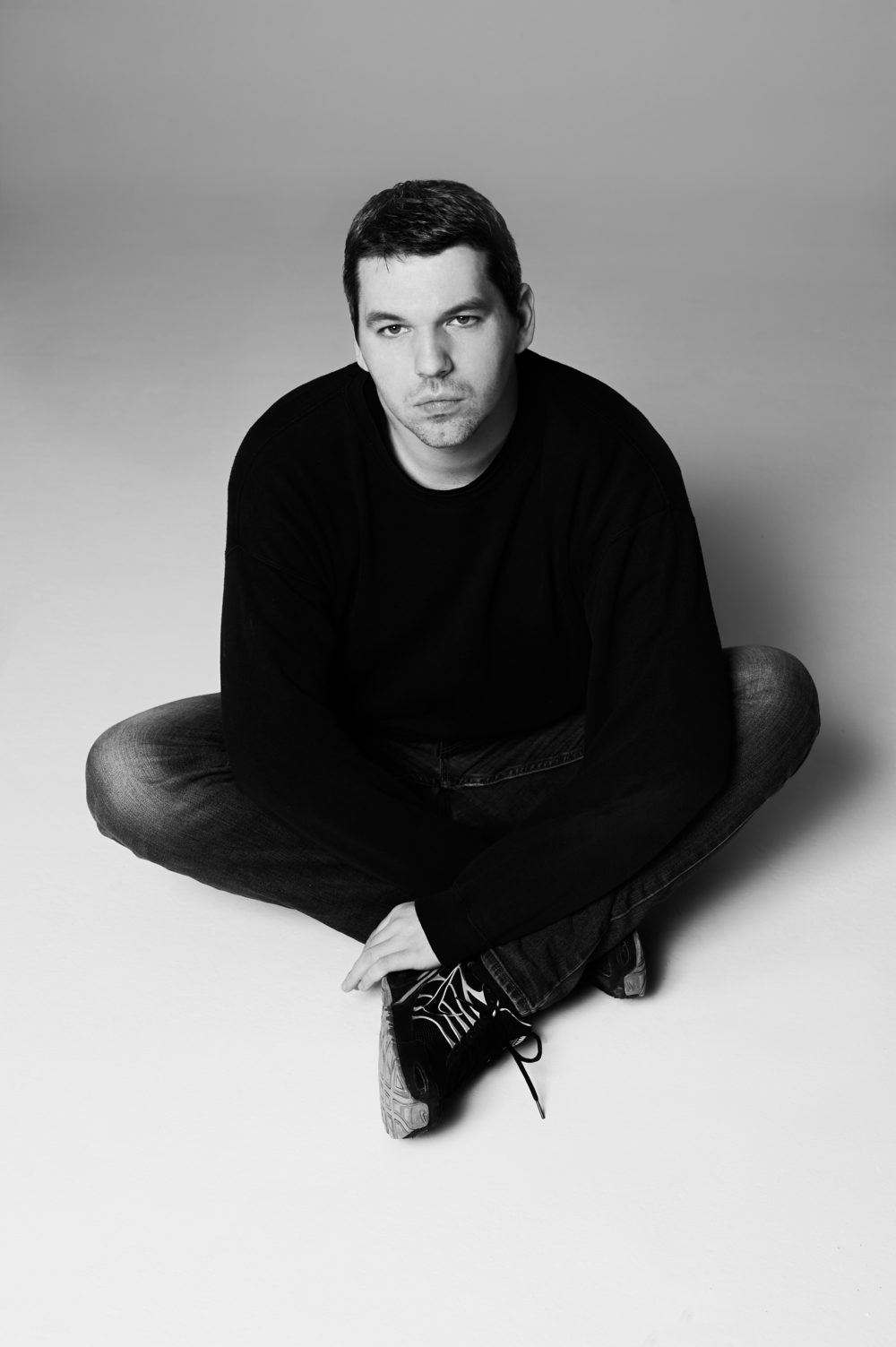
What’s your relationship with Ambient music? You’ve released an Ambient set via SINENSIS, a sublabel of UTE. How do these genres relate to each other? There seems to be a closer relationship than expected. I mean already in the early days of Techno already there were ambient floor at Raves. What’s your thoughts on this?
In the idea of a transcendental, psychedelic experience, Trance and Ambient are close relatives for me. Many of my tracks start with an Ambient feel and develop into dance tracks over time. Bring back the Ambient floors!
”I look for things that reverberate in my memory and try to process them”
Which role does the trance-like state play in your music and sounds? Are you often listening to other genres, examples of trance-inducing music, besides Trance and Techno?
I have a rather intuitive approach when it comes to selecting sounds and samples. I look for things that reverberate in my memory and try to process them – like frequencies and voices that have an effect on me. I do experience trance-inducing qualities in the detailed work when listening to loops over and over again.
You grew up in a musical surrounding. Your mom is a singer in the opera. Trance is attested more classical musicality than other Techno-related genres due to its work with climaxes and affective melodies. Do you see a connection between classical music and Trance? I mean on your last record the titles referred to famous operas., so, I suppose you might agree?
That’s funny you mention this. My partner always asks if I’m on to a new ‘opera’…
You are right, the drama is similar in some ways but formally I see very few parallels between the complex structure of classical music and trance, which is at the end of the day quite straightforward.
Do you listen to classical music?
Because of my mother I grew up with it and classical music was always in the background. Therefore, I might have sort of an intrinsic understanding for it without having deep knowledge.
The use of voice samples is quite characteristic for your tracks. You had copyright issues once regarding one sample, right? Are you now more aware? Or you just ask for permission? And what would you recommend young producers?
I love to use vocal samples because voices are a very powerful tool in order to create the above-mentioned atmospheres. We had a copyright issue, but that was because of a synth line. I definitely watch out more now and wouldn’t sample illicitly, since the whole procedure of clearing it was quite exhausting. I would recommend young producers to dig into the vast stock of free samples instead, because a copyright infringement can get you into deep shit.
I mean it’s so essential and should be ok to use those samples, also as reference points, as it’s part of the referential, post-modern aesthetics. Like the use of certain synths and drum machines. There is this argument that Trance is a lot about nostalgia. In an interview you mentioned that you “usually end up with something that references the past.” Why is that you think? Is it concept as well or are you a nostalgic person? Is nostalgia a valid term when the internet makes time – present and past – all mushy, co-existing spheres?
Sampling is more of a referential reconditioning to me than a copyright infringement. I’m not a nostalgic person per se, but I think that through my musical upbringing the search for sounds often leads me to familiar sound aesthetics. Furthermore my sound has changed quite a bit in the last years and will hopefully develop further in the future.
On the other hand though, are nostalgia and progress contradictory? Do they exclude each other or is there a productive moment hidden? The dialectic moment that lies as potential hidden underneath.
I agree.
Your sound is mostly very fast paced. What role does tempo play? Which state do you want to achieve? How does it reflect back on society, the times and velocities we live in?
Maybe I am a restless person and my inner rapid groove reflects onto the tracks less as a music historical statement but as an intrinsic outburst. BPM discussions don’t interest me as such.
With UTE.REC and BLUE HOUR and KI/KI’s recently founded label SLASH, you’re releasing on three influential labels dedicated to this genre. Further you have tracks on compilations of labels like AMNIOTE and SPACE TRAX. How did you meet the label heads? Is the underground Trance-community closely knit, cause it’s still quite small? Do you all know each other and are in contact with each other or is it basically internet-relationships?
Luke who runs Blue Hour and the guys from UTE are dear friends of mine. Other collaborations like the ones you mentioned, happen mostly online which is also exciting. Luke approached me in a time where nobody really knew my music, and sort of pulled me out of isolation. The UTE guys invited me to one of their forest raves in 2019. Since then we have been in constant exchange as we share a mutual understanding of music.
You collaborate with OPROFESSIONELL, a producer from Oslo, as Kineta. How does this work? You ever meet or just bounce tracks back & forth? It all sounds so organic.
Kineta was born in Greece, where we have been meeting once a year to exchange ideas and to produce music more or less 24/7. It’s intense and fun since we bring our material together and try to work until we’ve squeezed it all out.
“More brains, more ideas!”
What makes joint efforts so productive for you? You have a history of working collaboratively.
More brains, more ideas!
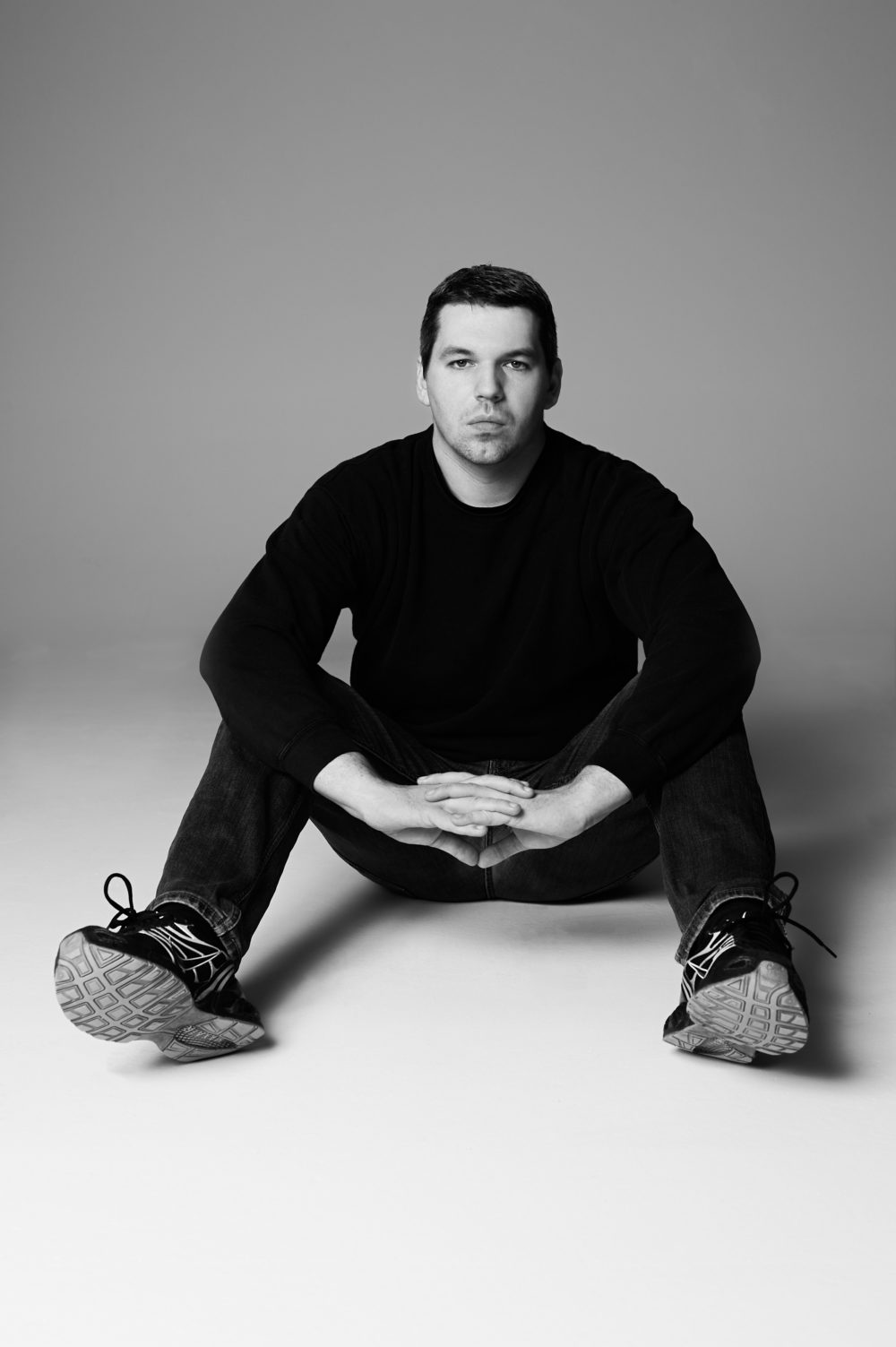
“I feel like Bandcamp is a platform, where the musical underground still flourishes.”
With the BANDCAMP SUBSCRIPTION PROJECT that you launched at the beginning of this year, you are following the idea of releasing a track every week, and intend to establish a closer relation to the consumer, to your fan, you state. That’s actually something we already know from platforms like Patreon. Why would you prefer Bandcamp? It’s quite unusual to use this platform for such an endeavor.
I’ve been using Bandcamp for years now and it was definitely the more familiar option for my project. Bandcamp’s focus on audio projects seems closer to home and, as I mentioned before, I feel like it is a platform, where the musical underground still flourishes.
In your artist statement you speak of an ”awareness of the music industry’s mechanism”. Could you elaborate?
Yes… As an artist and label owner I’m used to undergoing lots of steps inbetween me and the listener. Bandcamp allows me to have a rather direct ”supply chain“ from production to sales. The structures of the music industry are not conceived as such to earn money with our music in the microcosmos we are in. Whether it’s royalties, artist shares on streaming platforms or just the fact that we need to sell 500 vinyls to just break even with the production costs.
”I (…) enjoy the idea of being a ‘music worker’, where artistic labor is demystified.”
By offering this yearly subscription, you put yourself under a lot of pressure. Are you looking for an outsourced point of motivation to produce as well?
Partly yes, but first and foremost I’m interested in a continuous workflow while being embedded in a daily routine where tracks can reemerge in variations and recurring sequences. I also enjoy the idea of being a ‘music worker’, where artistic labor is demystified.
You state that “the fast rhythm of the output is an integral part of the framework because it encourages more playfulness, spontaneity, and surprise.” How much is this about grasping the moment? As you say, other values will come upfront, it will be more about spontaneity, improvisational skills, imperfection, let your intuition speak more than your brains which will have an impact on the aesthetics as well supposedly. So, you’re not trying to create the perfect track. Sounds also wholesome to a certain extent?
Haha, yes I never try to create the perfect track. I believe that the best tracks can happen within 1 hour. Producing is like a box of chocolate, you never know what you’re gonna get.
The increase in speed and hyperactivity in society can be linked directly to the ever-faster, ever-greater dynamics of YouTube, TikTok, Instagram, they all also drive up the speed of the production and consumption of culture in equal measure. Why did you choose this crazy release rhythm?
I use Instagram in a very old school way, and never touched TikTok. I’m sort of riding the speculative wave and trying to slide from consumer to producer more vigilantly and more directly. I chose this rhythm as a challenge for the duration of one year because the idea of one track per week on a continuous roll, reaches the maximum output level for my creative work. I wanted to oblige myself to this goal.

You’re talking about limitless, digital possibilities in contrast to the restriction of a vinyl record. What can we expect? 12 hours muzak tracks as well?
The project is not there for me to step away from my roots as a dance music producer. And the tracks will also stay tracks. The difference between the analog and digital possibilities already lies in the fact that I would never have the resources to produce 13 vinyl EPs. That alone would cost 26k. The idea of limitless digital possibilities is therefore also to be seen in the context of financial feasibility.
You usually release on vinyl, so how will this endeavor effect your releasing habits? Will you produce tracks especially for vinyl/digital/album format? Or will just some of the tracks be released on vinyl as well?
The project is a closed system and will not appear on vinyl. And next year I will already return to producing vinyls but maybe I’ll make a slimmed version of the subscription program.
“Streaming services are the biggest exploiters.”
If you want to change also the power structures of music industry, acting more autonomously, then I’m wondering what experiences you have with labels? I mean you are running one yourself. I guess it’s more about the slowness of vinyl as there’s so many steps, before you hold the actual record in your hands.
With my project I don’t want to question the institution of a label itself. In the end what I’m making now is also a label but with a different approach. If you work with a major label you most likely end up with complicated contracts. Streaming services are the biggest exploiters. Vinyl production is so expensive that you have to sell above average to break even. All these structures are not oriented towards the possibility for you to earn money – only the gigs will pay the bills. In my strategy I renounce the wider reach of an established label or streaming platform or even the haptics of a record but in return the whole revenue is mine.
Further you state “I’ll experiment with making versions of tracks by expanding the duration, multiplying, and reconfiguring the order of my material. Appropriated, sampled, and recorded fragments will reappear to disturb the semantics of a conventional album, releasing different meaning after each slightly shifted repetition.” – That sounds like a minimalist, structuralist approach. You allow us to delve deeper into the sounds and structures themselves. You think there’s new things to be experienced here that maybe transgress the common reception of Techno music?
Yes it is definitely a well-known concept but within my work it can open up new listening experiences.
Finally in your text, it’s all about community and sharing a headspace together. What’s your actual relationship with your crowd? Looking at your Instagram account you’re quite secretive. The way you communicate is more on a meta-level. Conceptual and very visual — you’re digging deep, going down the wormhole of the internet. The result is somehow a weirdly fascinating blueprint of the times we’re living in, close to post-internet art possibly.
Yes, since the first lockdown “my crowd” has definitely shifted towards more immaterial encounters. I enjoy my online conversations and interactions and definitely want to engage these in my current project. The most important thing for me will always be to communicate with my following through the music itself. Instagram is not a place for me to display myself, my daily routines or my friends. Instagram for me is the haven for cat videos, symbolically speaking, and I think this aspect is the one I find most interesting about the app’s content.
At the same time you’re not offering insight in your private life, you’re not posting selfies or such. Why did you choose this path?
There is more entertaining content on the internet than myself. I like to share what entertains me most and that’s definitely not a visualization of my life.
“It can open up new listening experiences”
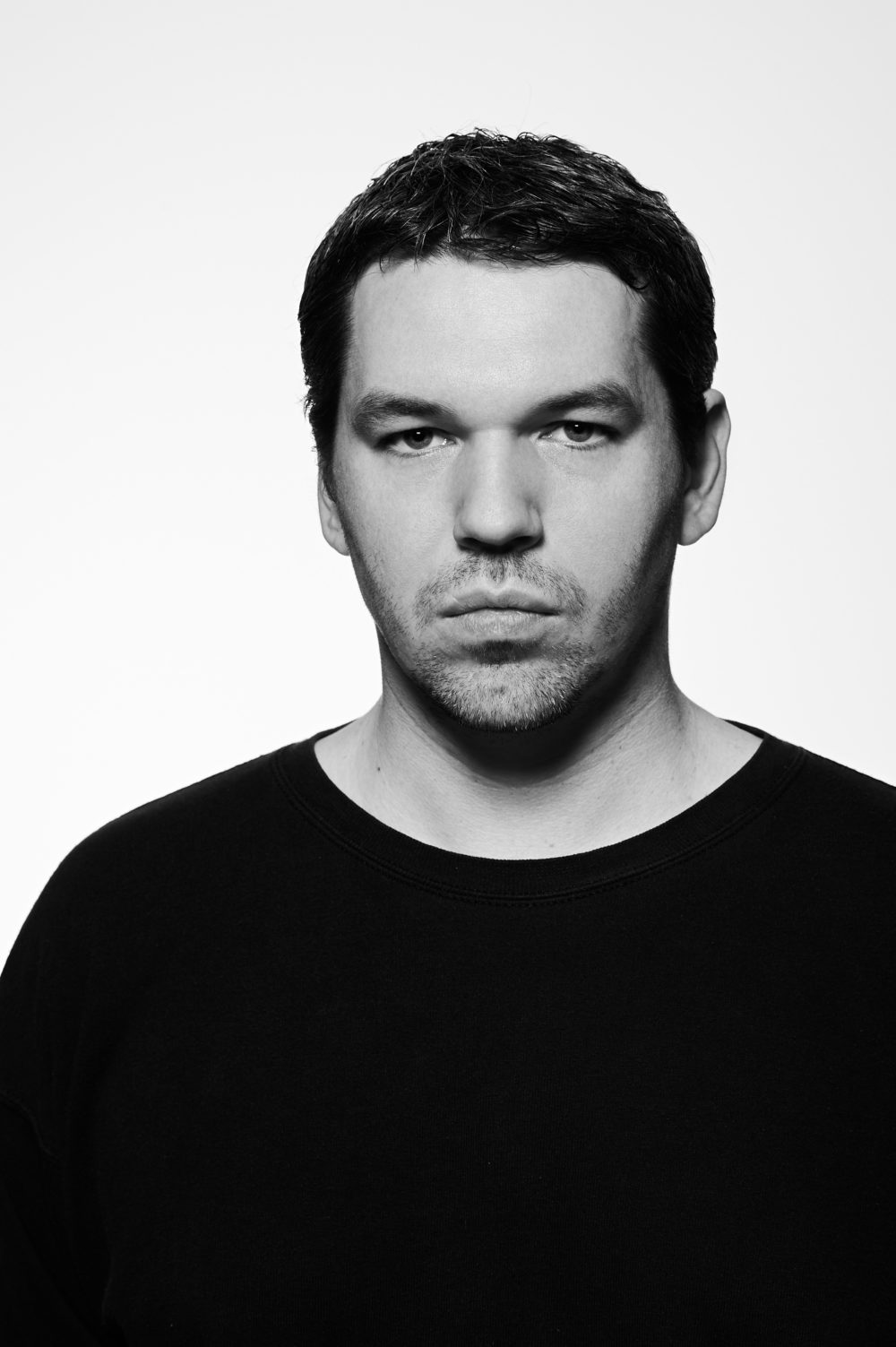
What do you think of the growing pressure of the music market to commercialize yourself, the narcissistic mechanisms of social media? About numbers of followers that determine your market value, things like that.
It sucks! Today there is a trend to assess an artist’s value only by their Instagram followers, and thereby neglecting the fact that a producer’s following also takes place through the plays on other platforms by thousands of people or through numerous interests that don’t show on Instagram. It’s a toxic trend that distorts the nature of an artist’s reach.
What your insta account is also kind of implying is that you graduated in Fine Arts. In how far is this informing your musical output? I guess you’re f.ex. used to work more conceptually.
I like how in the Fine Arts the theoretical and personal discourse often takes place on a more advanced level, maybe more than in our little club music world – but at the end of the day it’s this cosmos that wins me over with its archaic, hedonistic rituals.
Thanks much for the interview!
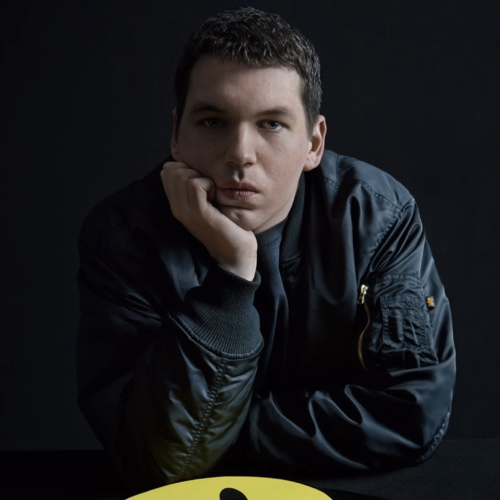
Alpha Tracks